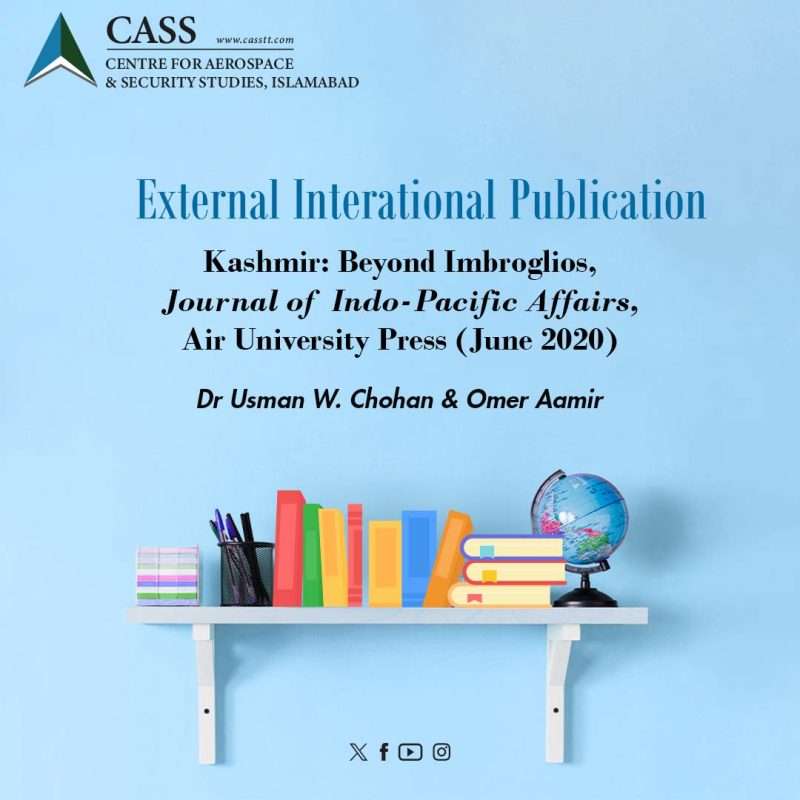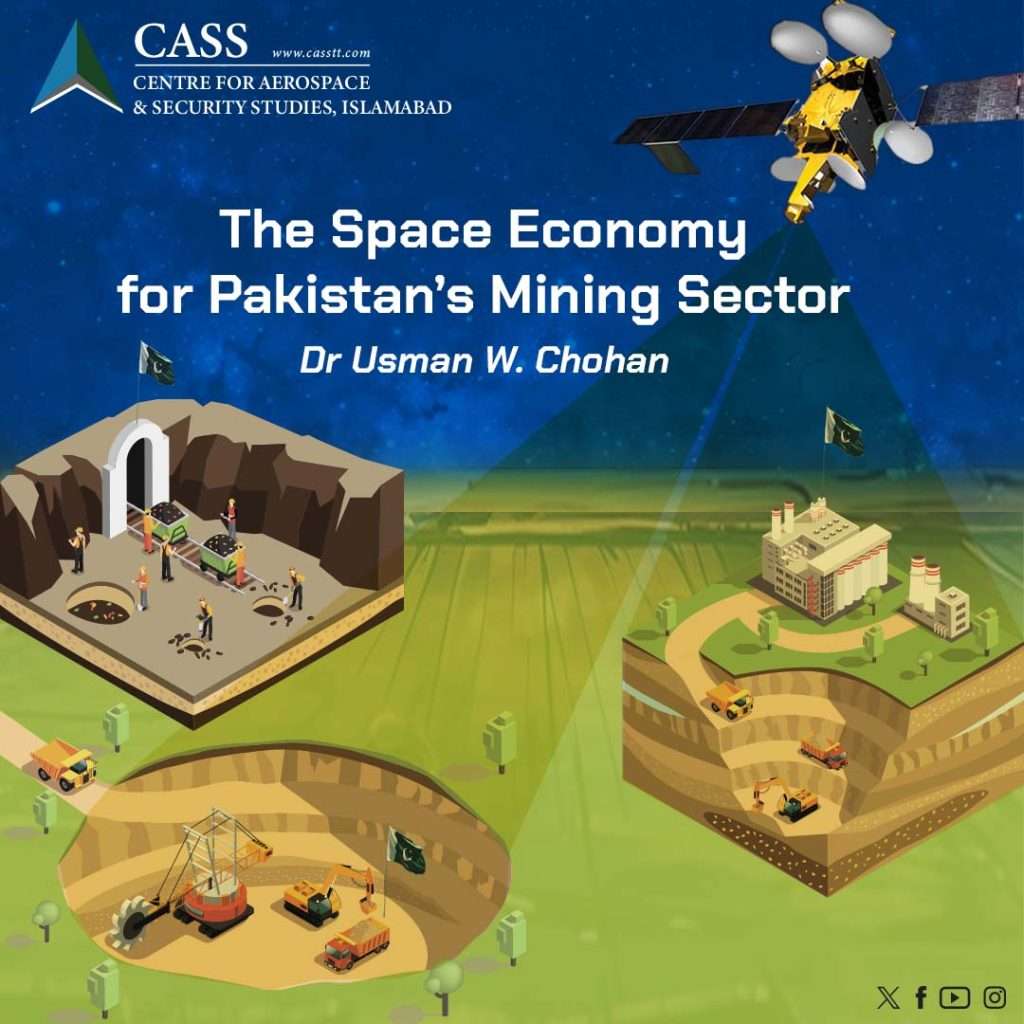Kashmir: Beyond Imbroglios, Journal of Indo-Pacific Affairs, Air University Press (June 2020)
Dr Usman W. Chohan & Omer Aamir
This article argues that the right to self-determination, which is an integral part of any international covenant, including but not restricted to the International Covenant on Civil and Political Rights (ICCPR); the International Covenant on Economic, Social and Cultural Rights (ICESCR); and most importantly United Nations Declaration on Human Rights (UNDHR), should be upheld and the conditions of Kashmiris ought to be bettered as a fundamental human right.





